Why Is My Dog Breathing Fast? Common Causes, Symptoms and Remedies


Do you think your dog is breathing faster than usual lately? Rapid breathing in dogs is definitely a cause for concern. However, don’t start panicking just yet. There can be many reasons for your dog breathing fast, the most common reason being exercise and overheating. But in some cases, it can also indicate an underlying health issue, especially if your beloved pooch is getting on in years.
The key is determining if the fast breathing is due to normal causes or more serious medical concerns and how to properly respond to support your dog’s health and comfort. This article will explore why your dog is breathing fast, symptoms to look for, and remedies to help get your pup’s breathing back to normal.
What Is A Normal Breathing Rate In Dogs?
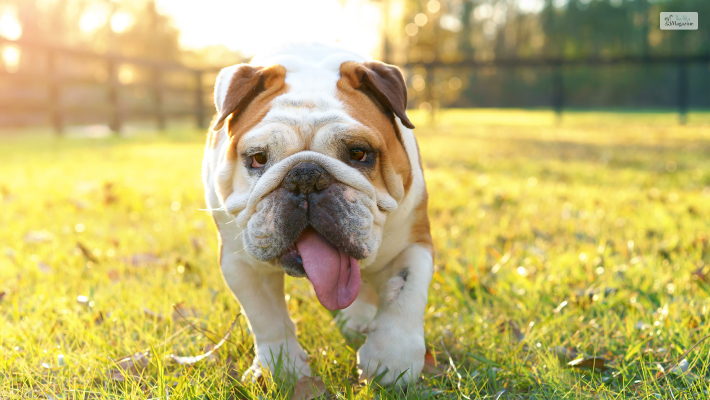
In order to know if your pooch is breathing faster than usual, you should first know your dog’s normal breathing rate. While at rest, dogs generally breathe 10 to 35 times per minute. When your dog is excited or engaging in some form of exercise, he/she will breathe around 10 times faster. This means that they will breathe around 100 to 350 times per minute.
But before you start worrying and start searching online on why is my dog breathing fast, remember that not all panting or fast breathing in dogs is bad. Dogs breathe faster than usual if they feel hot, especially after exercising or during the summer season. They breathe quickly in order to lower their body temperature.
Since they don’t sweat like us, they stick out their tongue and breathe rapidly to allow air to circulate through their whole body, allowing them to cool down and return to their normal body temperature.
Besides regulating their body temperature, a dog breathing fast through nose can be a sign that it is stressed or scared. So before you start worrying that something is wrong with your dog, check your dog’s surroundings to ensure nothing is stressing them out.
But not all dogs start breathing quickly when they are anxious, so look out for other signs of stress like flattened ears, shaking, whining or barking, tucked tails, and the like. Talk to your vet if your dog tends to stress a lot in certain situations and starts breathing fast. Your vet will probably prescribe anxiety medications like trazodone for dogs.
However, if your pup is breathing more than 40 times per minute while resting, then it can be considered abnormal rapid breathing in dogs. It could be a sign that something is probably wrong with your fur baby, and you should take them to the vet as soon as possible. You can find out more about why your puppy is breathing so fast here.
Common causes for rapid breathing in dogs
If your dog is not feeling hot or stressed but still breathing fast while sleeping, it may be due to underlying medical conditions. Here are some common health issues that are probably responsible for your dog breathing fast while sleeping or resting:
Heat Stroke
During the summer, if you notice your dog breathing fast while resting, it could signal overheating or heat stroke, which requires emergency action. Move your dog to a cool place, hose them down with water to cool them down, and give them water to drink. Don’t force your dog if they don’t want to drink water.
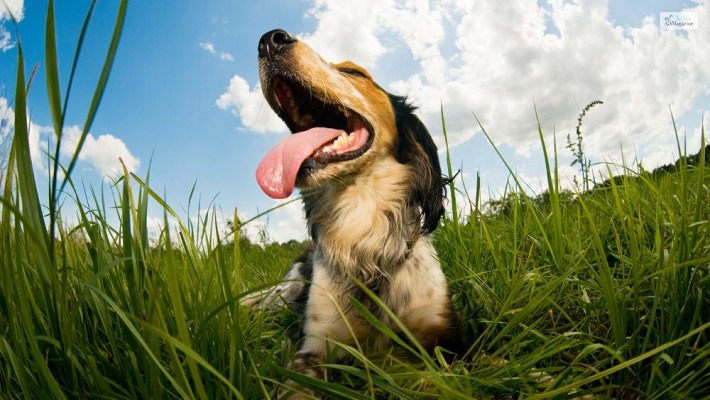
However, encourage your dog to drink small amounts of cool water. Continue pouring cool water over your dog until their breathing starts to settle, but be cautious not to overdo it and cause shivering. Wet towels can worsen the condition, so avoid placing them over your dog. Instead, you can place towels under the dog if needed.
If you see your dog breathing fast and shallow mouth closed, it means they’re having trouble regulating their temperature, so cooling them down is the top priority. If they are still not showing signs of improvement, then take them to a vet immediately.
If you suspect that your dog is having a heat stroke, then keep an eye out for these signs and symptoms, too:
- Excessive Drooling: Dogs may drool excessively due to the heat stress.
- Dry Mucous Membranes: Check your dog’s gums and tongue. If they appear dry, it could be a sign of heatstroke.
- Bright Red Gums and Tongue: Heat can cause the gums and tongue to become bright red.
- Hot Skin: Touch your dog’s skin. If it feels hot to the touch, it’s an indication of elevated body temperature.
- Higher Heart Rate: An increased heart rate is another sign of heatstroke.
- Hyperactivity and Difficulty Maintaining Balance: Affected dogs may become hyperactive and have trouble maintaining balance.
Respiratory Infection
Does your dog suddenly have a dry cough, runny nose, and labored, rapid breathing? Then there’s a good chance that your pooch is suffering from an upper respiratory tract infection. Other symptoms of upper respiratory tract infection include fever, lethargy, lack of appetite, and sneezing.
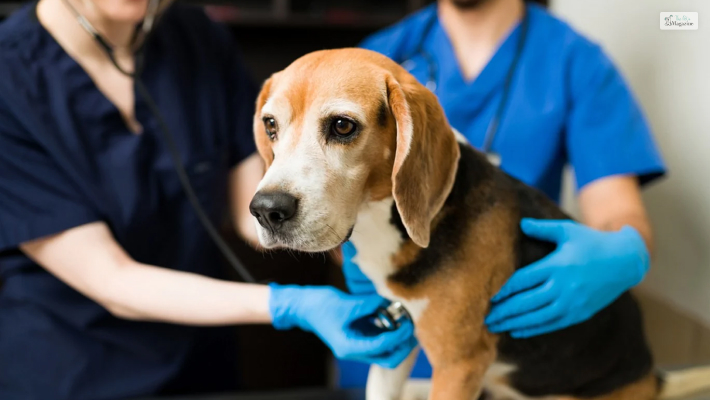
These are highly contagious infections that bacterial and viral agents cause. The infection is spread from one dog to another when they have nose-to-nose contact or cough/sneeze. Kennel cough is one of the most common upper respiratory tract infections seen in dogs. Other respiratory tract infections include Canine distemper, Canine influenza, and Canine herpesvirus.
Upper respiratory tract infection is not life-threatening unless your dog has some pre-existing breathing problems. If your dog is not feeling well, provide supportive care to your dog, which includes cough suppressants, fresh water, and food, keeping the air moist with a humidifier, and breathing in steam.
Lung diseases
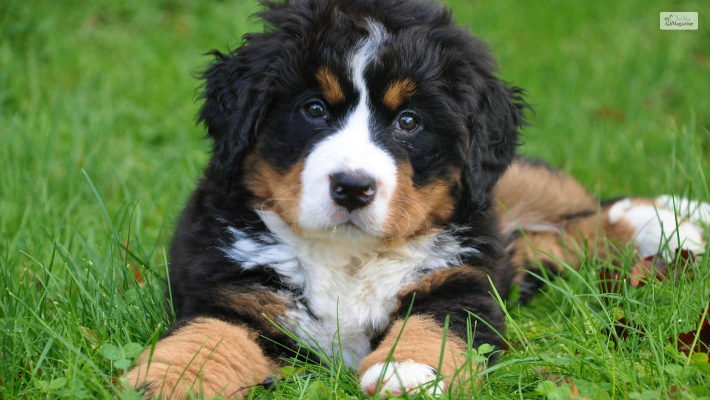
If you have noticed your dog breathing fast but not panting while sleeping, it can be a sign of lung diseases and infections like Pneumonia, Canine Chronic Bronchitis, lung tumors, and lungworm. These infections and diseases cause irritation and inflammation in the lungs affecting the organ’s ability to perform smoothly, resulting in reduced oxygen intake. Consequently, the lungs compensate through rapid, shallow breathing.
Lung infections and/or diseases can be caused due to a variety of reasons, such as bacteria, fungal agents, parasites, viruses, chemical or smoke inhalation, allergens present in grass and dust, and inhalation of stomach content like vomit, food item, or other foreign material.
Pneumonia is a prevalent lung infection in dogs. symptoms include coughing, fever, loss of appetite, and rapid, shallow breathing. Pneumonia often requires antibiotics and sometimes hospitalization for oxygen therapy. Call your vet immediately if you see symptoms like your dog breathing fast and heavy.
Some common treatments for lung diseases that your vet may suggest include:
- Antibiotics: If the respiratory issue is due to an infection (such as pneumonia or kennel cough), antibiotics may be prescribed to control the infection12.
- Anti-inflammatory Drugs: These can help reduce inflammation in the airways and improve breathing.
- Bronchodilators: These medications help open up the air passages, making it easier for your dog to breathe.
- Supplemental Oxygen Therapy: In severe cases, providing supplemental oxygen can help support your dog’s breathing and oxygen levels1.
- Nebulizers: Nebulized medications can be used to deliver drugs directly to the respiratory system.
Alternatively, you can try the following measures to prevent respiratory issues in dogs:
- Vaccination: Keep your dog up-to-date with vaccinations against common respiratory pathogens like Bordetella, which causes kennel cough.
- Limit Exposure: Avoid crowded environments like dog parks, kennels, or daycare if there’s an outbreak of respiratory illnesses. If your dog is sick, keep them at home to prevent the spreading the disease.
- Good Hygiene: Maintain a clean living environment for your dog. Regularly clean bedding, bowls, and toys to prevent the spread of pathogens.
- Air Quality: Ensure your home is well-ventilated and free from pollutants like smoke, dust, and mold. Consider using an air purifier to help reduce potential irritants.
Issues with heart
Are you wondering why my dog is breathing fast while sleeping? It could be a sign of heart disease The heart is responsible for pumping oxygen-rich blood to vital organs like the lungs and throughout the body. If your dog’s heart is enlarged, heart valves are leaky or heart rhythm is abnormal, it may have trouble pumping oxygenated blood efficiently.
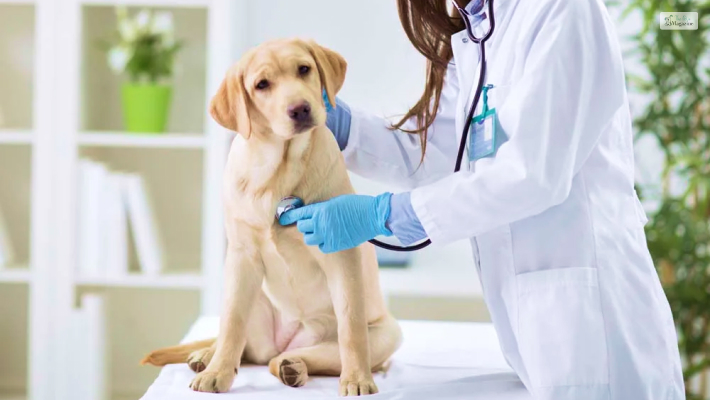
This can lead to shortness of breath or difficulty breathing, and your dog will try to compensate by breathing rapidly. If you see your dog breathing fast, take him/her to the vet right away for diagnosis and treatment like medication or in severe cases, surgery. Aside from rapid breathing, you should also keep an eye out for the following symptoms:
- Persistent Cough: Dogs with CHF may have a persistent, usually moist cough, even when they are resting or sleeping.
- Heart Murmur: A heart murmur can be an early sign that a valve is leaking. Instead of the normal “lubb-dupp” sound of a heartbeat, a heart murmur may have a swishing or whooshing sound.
- Exercise Intolerance: Dogs with heart issues may become easily fatigued during exercise. They might struggle to keep up with their usual activity level.
- Fainting or Collapse: Many dogs with left-sided congestive heart failure faint due to inadequate blood flow and oxygen to the brain. They may also experience low heart rate and low blood pressure.
- Fluid Accumulation: Depending on whether it’s left-sided or right-sided CHF, fluid (congestion) can build up either in the lungs or in the abdomen. This can lead to symptoms like difficulty breathing and abdominal distension.
What To Do If My Dog Is Breathing Fast?
You should also look out for the following signs if you notice your dog breathing fast all of a sudden –
- Your dog is using their stomach muscles while breathing
- Your dog is breathing with their mouth open
- Excessive drooling
- Lethargy or restlessness
- Loss of appetite
- Your dog’s gums are pale, brick red or blue-tinged
- Unusual sounds like snorting or rasping while breathing (any sounds that are different than their normal panting)

If you notice any of the above signs along with your dog breathing fast and heavy, then it is probably a medical emergency, and you should take your dog to the vet’s clinic immediately. Upon arrival at the clinic, your vet will first perform a physical check-up to determine where the problem is.
Your vet will ask you about your pet’s medical history and general health condition. He or she may order diagnostic tests for your dog such as X-Ray, blood tests, urine analysis, CT scans, Bronchoscopy, Echocardiography, Baermann fecal testing, and heartworm testing to zero in on the issue responsible for the dog breathing fast.
The treatment plan will depend on the underlying issue that is responsible for your dog breathing fast. It will generally involve oxygen therapy which will help stabilize your dog’s condition first. Then your vet may suggest treatment methods like pain relief or other medication, intravenous fluids, and surgery in serious cases. They will also suggest a suitable diet and a recovery plan in case of surgery.
Wrapping Up
Now that you have the answer to your question regarding why is my dog breathing so fast while sleeping, keep an eye on your pup if you feel something is wrong. Call the vet immediately if their breathing seems labored or they show other symptoms. For less severe cases, try the at-home remedies to keep them comfortable.
Ensure they have plenty of fresh water, give them space to rest in a cool area, and gently pet and reassure them. Your faithful companion relies on you, so stay alert for any changes and get them checked out if their fast breathing continues or worries you. With your loving care and attention, your dog will be back to panting happily in no time.
You May Also Like
👉 How To Relieve Dog Period Cramps: 7 Points To Know
👉 The Ultimate Guide to Aspirin Dosage for Dogs: What You Need to Know





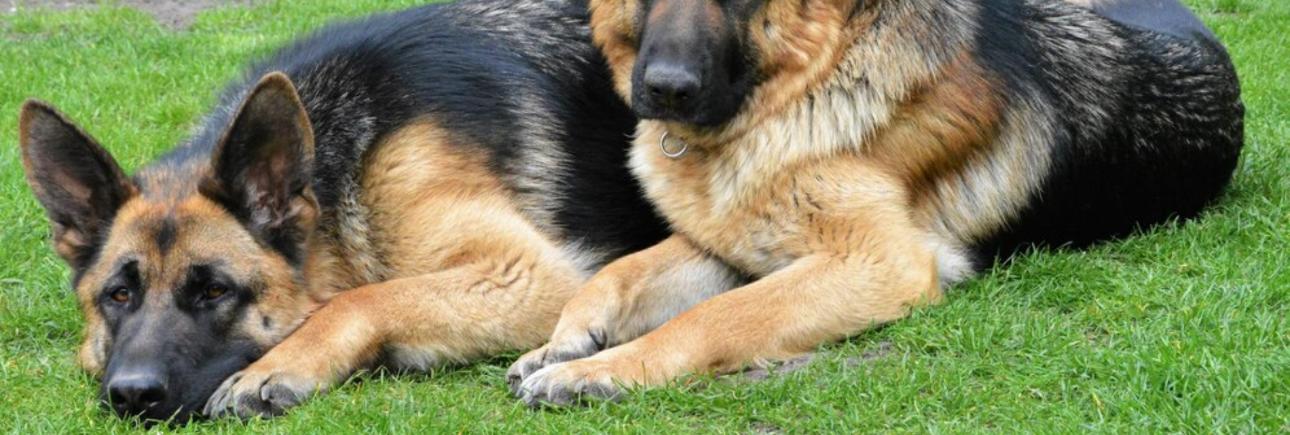

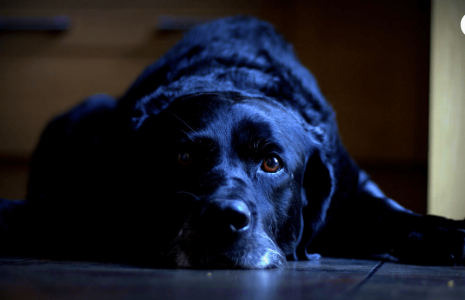
Leave A Comment